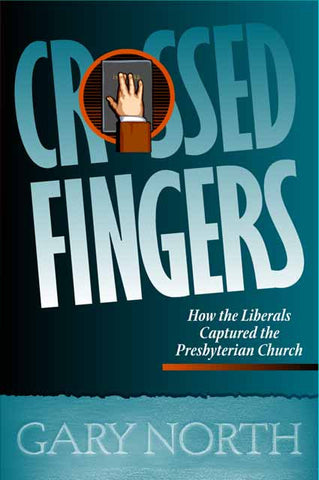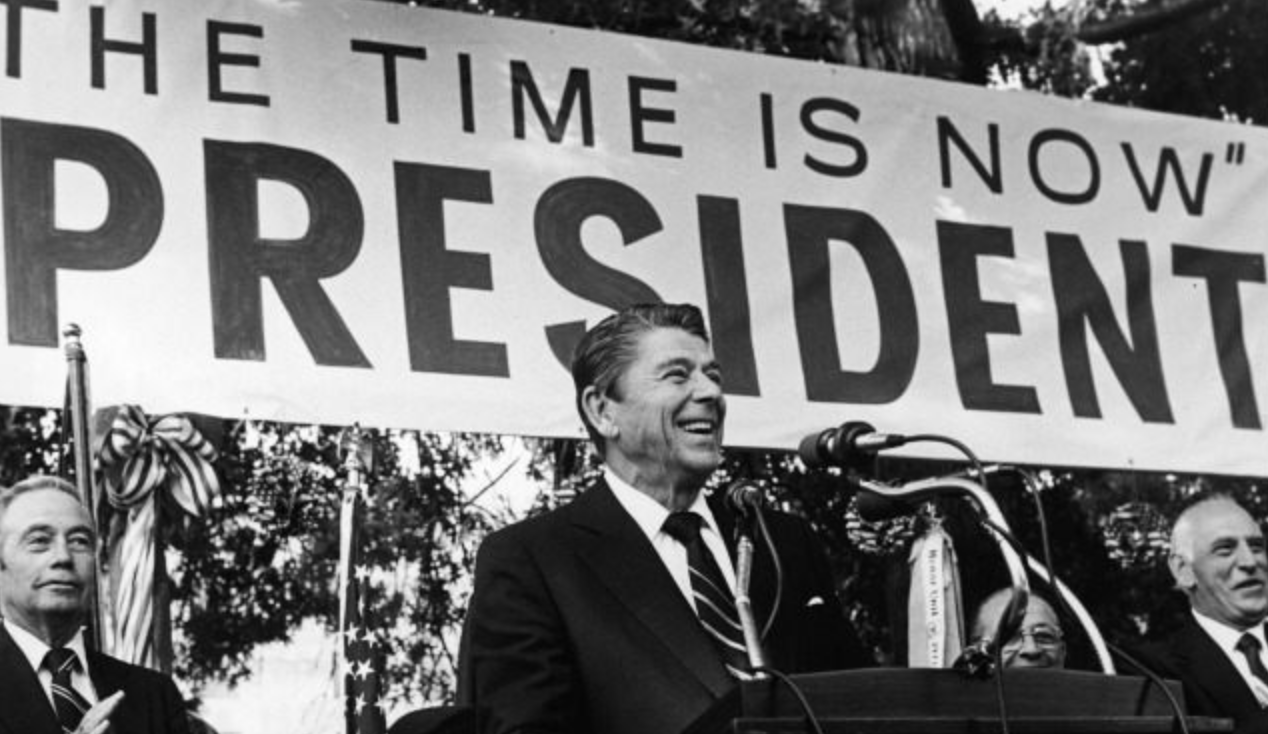Dr. Gary North continues his discussion of how the Scopes Trial and the ensuing political developments shaped the 20th century.
William Jennings Bryan in 1922 wanted his followers to gain control over the allocation of political plunder. He had been campaigning on this platform for three decades. He understood that modernist Progressives were now in control of the political process nationally. He was taking the fight to the hustings, where he had always had his greatest influence. Yet Bryan had delivered the Democratic Party into the hands of the Progressives. Like the sorcerer’s apprentice, he now strove to reverse what his oratory and his brother’s mailing lists had conjured. By challenging the modernists’ right to override local democracy through the imposition of compulsory Darwinism in the public schools, he was invoking the last flickering traces of the Protestants’ ideal of Christendom. He was invoking point four of the covenant—economic sanctions—in the name of point five: succession.
Bryan’s opponents recognized this threat and feared it. They had a major tactical problem. His arguments rested forthrightly on an official principle of American democracy, namely, that he who pays the tax-collecting piper should call the political tune: “No taxation without representation!” Bryan was a staunch defender of Progressivism’s principle that the State has both the moral authority and moral obligation to confiscate wealth from one group in order to give it to another group. But he had always been more of a Populist than a Progressive. He believed that the State should confiscate the wealth of a minority—the rich—in the name of the majority, not in order to fund some elite group, and surely not a humanistic elite of Bible-scorning educational bureaucrats, with the hard-earned money of God-fearing Americans. He appealed to majority rule. This was a powerful appeal.
To refute him, his opponents had to downplay the obvious: they were taxing the political majority—Christians—in order to educate all children in terms of religious principles at odds with what most parents believed. They were not merely stealing money; they were stealing hearts and minds as well. (The Progressives’ power religion strategy was re-stated clearly half a century later by an American general in Vietnam: “When you’ve got them by the - - , their hearts and minds will follow.”) So, unable to defend their compulsory education program in terms of the democratic principle of majority rule, these professed democrats resorted to the negative sanction of ridicule and misrepresentation: flat earth, medievalism, etc. The rhetorical standard which they established in the public press would soon be adopted by their allies inside the Presbyterian Church against Bryan and his ecclesiastical allies. Inside the Church, as well as outside, the crucial issue was sanctions.

Crossed Fingers
This fully-documented tome is a handbook for the diagnosis and defeat of the liberal forces that captured American Christianity. How did they do it? With a vision, with a plan, and with other people's money. Crossed Fingers shows how they achieved victory in what had been the most theologically conservative large Protestant denomination on earth. It also shows what the conservative Presbyterians could have done, and still have not done, to immunize the Church.
Buy NowDr. Gary North continues his discussion of how the Scopes Trial and the ensuing political developments shaped the 20th century. Christians began to get politically involved late in the 1970s but didn’t have a unique tactic to extend their game plan. A defensive plan is good in the beginning but an offensive strategy is necessary to sustain the momentum.

